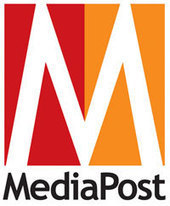As a result of such “programmatic” buying, advertisers often are in the dark about where their ads end up. Advertisers can opt out of certain sites, of course, but only if they affirmatively place them on a blacklist of sites.
So when an ad appears on Breitbart, Sleeping Giants or one of its 109,000 Twitter followers and 35,000 Facebook followers flag the advertiser, often accompanied by an image of the sponsors’ ad next to a Breitbart story.
The other day, for example, a Sleeping Giants follower tweeted at Country Inns, informing the hotel chain that it was advertising on “the racist Breitbart site.” Within a day, the company tweeted back: “Thank you for your concern. . . . We have added Breitbart to our blacklist of ads.”
This apparently happens a lot. Sleeping Giants’ database lists nearly 2,900 companies that have declared Breitbart off limits since November — an astonishing figure, though one hard to confirm because some ad buys recur. Nevertheless, it’s not an implausible number. During one 24-hour period, advertisers such as the air-conditioning manufacturer Rheem, transport operator Caltrain, Sutter Health Plus and Rose Medical Center of Denver all publicly acknowledged that they had blacklisted Breitbart in response to a Sleeping Giants tweet....



 Your new post is loading...
Your new post is loading...












Sleeping Giants is anonymous, but its approach to killing Breitbart’s advertising has been effective.